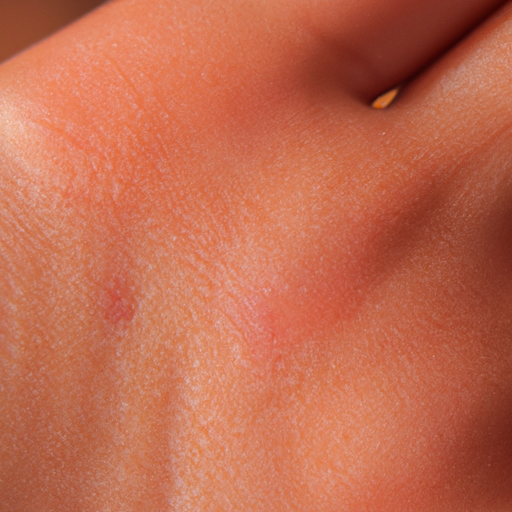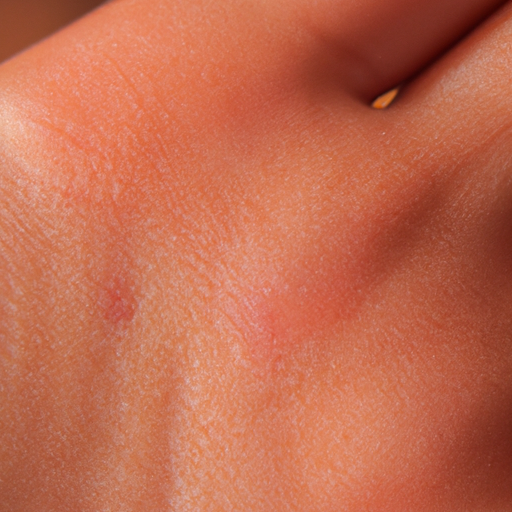As a medical professional, I have encountered countless patients who struggle with dry skin. It’s a common condition that can cause discomfort and self-consciousness, but it’s also one that can be effectively managed with the right approach. In this article, we will delve into the secrets of diagnosing and treating dry skin.
Dry skin, or xerosis, is a skin condition characterized by itching, scaling, and cracking. It can occur for a variety of reasons, including environmental factors like cold or dry weather, aging, or underlying medical conditions. It’s important to remember that dry skin is not just a cosmetic issue; it can also be a symptom of more serious health problems like diabetes or hypothyroidism.
Diagnosing dry skin typically involves a physical examination and a review of the patient’s medical history. As a doctor, I look for signs of inflammation, redness, and flaking. I also ask about lifestyle factors that could contribute to dry skin, such as bathing habits, diet, and exposure to harsh soaps or chemicals. In some cases, I may recommend blood tests or skin biopsies to rule out other conditions.
Once we’ve identified the cause of dry skin, we can move on to treatment. The goal of treatment is not only to alleviate symptoms but also to address the underlying cause. For example, if dry skin is due to an underlying medical condition, treating that condition may help improve the skin’s health.
One of the most effective treatments for dry skin is regular moisturizing. I usually recommend creams or ointments over lotions because they’re more effective at trapping moisture in the skin. It’s best to apply moisturizer immediately after bathing while the skin is still damp to lock in moisture.
In addition to moisturizing, it’s also important to avoid triggers that can worsen dry skin. This might mean using gentle, fragrance-free soaps and laundry detergents, avoiding hot showers and baths, and using a humidifier in dry or cold weather.
For patients with severe dry skin or eczema, I might prescribe a topical corticosteroid cream or ointment. These medications can help reduce inflammation and itching. However, they should be used sparingly and under a doctor’s supervision, as overuse can lead to side effects like skin thinning.
Diet can also play a role in skin health. A diet rich in essential fatty acids, such as those found in fish, flaxseeds, and walnuts, can help keep skin hydrated. Drinking plenty of water is also crucial for maintaining skin hydration.
In conclusion, dry skin is a common condition that can cause significant discomfort. However, with the right diagnosis and treatment, it’s possible to manage dry skin effectively. As a doctor, my goal is to help patients understand their skin and find solutions that work for them. If you’re struggling with dry skin, don’t hesitate to seek medical advice. With the right care, you can achieve healthier, more comfortable skin.




